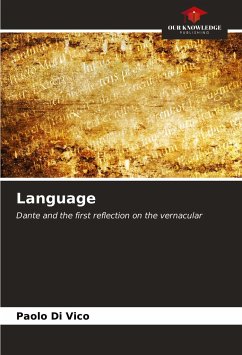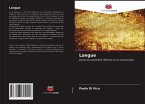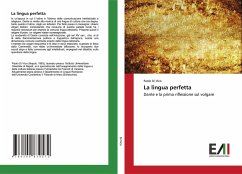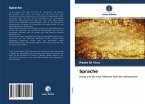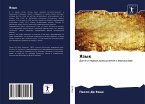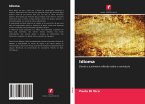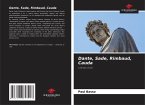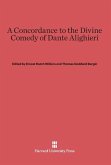At a time when Latin was the idiom of intellectual and religious communication, Dante set out in search of a language of culture that would be as worthy as Latin of literary use. To do this, he reviewed the various Italian vernaculars, noting that none of these local languages had the necessary requisites to become the common literary language. He therefore proposed the volgare illustre, an ideal supra-regional vernacular.Dante's modernity consists in the intuition, already in the 14th century, that, beyond the political and linguistic fragmentation of the time, there is a common dimension constituted precisely by the literary language.The treatise De vulgari eloquentia and the ideas elaborated in it, surpassed in fame by the Commedia, did not have an immediate diffusion, but was rediscovered two centuries later and made known to intellectuals, engaged in the debate on the question of language.
At a time when Latin was the idiom of intellectual and religious communication, Dante set out in search of a language of culture that would be as worthy as Latin of literary use. To do this, he reviewed the various Italian vernaculars, noting that none of these local languages had the necessary requisites to become the common literary language. He therefore proposed the volgare illustre, an ideal supra-regional vernacular.
Dante's modernity consists in the intuition, already in the 14th century, that, beyond the political and linguistic fragmentation of the time, there is a common dimension constituted precisely by the literary language.
The treatise De vulgari eloquentia and the ideas elaborated in it, surpassed in fame by the Commedia, did not have an immediate diffusion, but was rediscovered two centuries later and made known to intellectuals, engaged in the debate on the question of language.
At a time when Latin was the idiom of intellectual and religious communication, Dante set out in search of a language of culture that would be as worthy as Latin of literary use. To do this, he reviewed the various Italian vernaculars, noting that none of these local languages had the necessary requisites to become the common literary language. He therefore proposed the volgare illustre, an ideal supra-regional vernacular.
Dante's modernity consists in the intuition, already in the 14th century, that, beyond the political and linguistic fragmentation of the time, there is a common dimension constituted precisely by the literary language.
The treatise De vulgari eloquentia and the ideas elaborated in it, surpassed in fame by the Commedia, did not have an immediate diffusion, but was rediscovered two centuries later and made known to intellectuals, engaged in the debate on the question of language.

